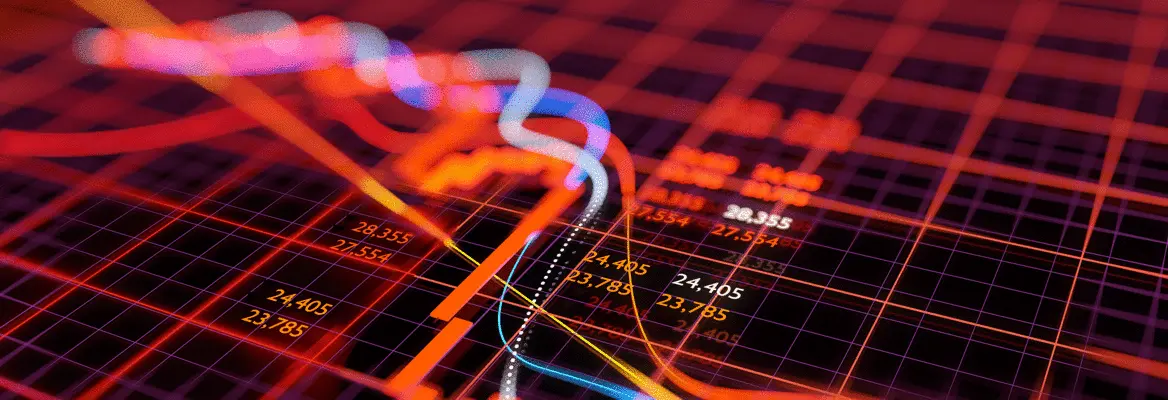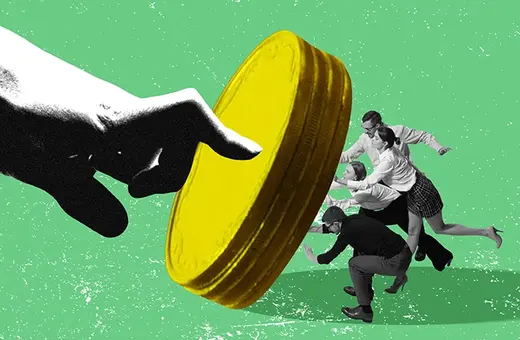A recession is coming. And there's a danger it will be deeper and last longer than the 2008 crisis. But was this inevitable, or the making of central banks? David Blanchflower argues that a certain group-think is driving central banks to overreact to inflation pressures by sharply raising interest rates and thus inevitably triggering a recession. That recipe for dealing with inflation is based in the past, when a price-wage spiral was a big risk. But that world no longer exists. Central banks need to wake up to this new reality before they take us all down with them.
Inflation has sharply increased around the world, caused mostly by a series of supply-side shocks, including a loss of workers due to Brexit and the pandemic, bottlenecks as demand picks-up after lockdowns, the zero-Covid policy being pursued by China and the outbreak of a European war in Ukraine. In the UK the CPI has hit 9%. But the likelihood is that this rise in inflation is temporary. Even though it has taken longer to come down than I expected, just as night follows day, over the next few months inflation will drop sharply. House prices are coming down soon.
Indeed, the worry is that, as with all prior bursts of inflation, what follows is not higher inflation, as the inflationistas have predicted, but deflation. That is to say prices are about to fall as people cut their spending except on basic goods like food and energy given their limited budgets. The Bank of England produces a remarkable time series on inflation back to 1210 and it shows exactly that; periods of high inflation are followed by periods of deflation. The problem is, the panic of the US and UK central banks over inflation, and the rising of interest rates they instigated as a response, means the coming recession will be a lot worse than it otherwise would have been. The fears of a price/wage spiral of the sort we saw in the 1970s is not possible in the contemporary world. Central banks still live in the past – they need to catch up and quickly, for the good of all of us!
___
The fear central bankers have is that a period of high inflation results in a wage/price spiral as workers demand and get wage increases to fend off price rises.
___
There are already signs of slowing prices. The Personal Consumption Expenditure (PCE) measure of inflation in the US fell from 6.6% in March to 6.3% in April. Excluding food and energy the PCE fell from 5.2% to 4.9% in April with more declines coming. There is evidence that the cost of shipping containers around the world [1] as well as the price of wood, which picked up sharply in the pandemic have both fallen by more than a third recently. [2] The Baltic Dry Index, which measures the price of shipping dry goods such as grain and coal around the world – oil is wet - is down 23% since 23rd May.





















Join the conversation